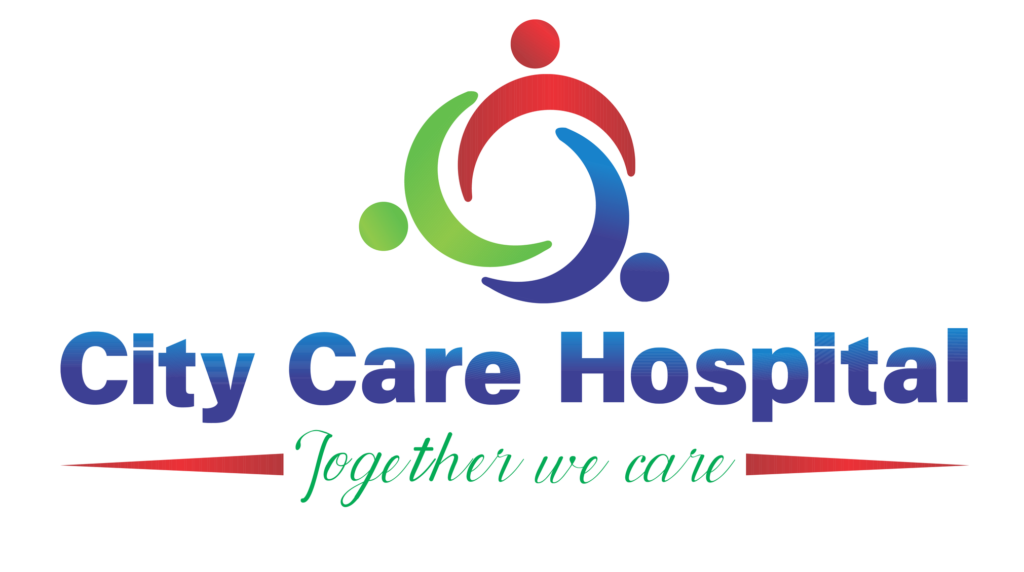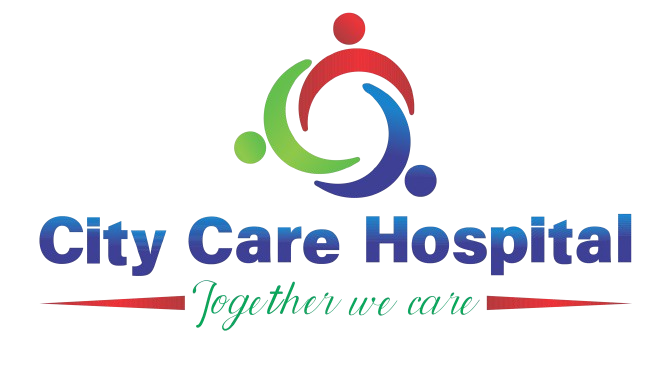Chronic diseases, such as diabetes, heart disease, and chronic respiratory conditions, are increasingly becoming the primary health concern globally. These diseases often require long-term management and have a profound impact on individuals’ quality of life, healthcare systems, and the economy. As the prevalence of chronic diseases rises, hospitals are finding themselves at the forefront of managing this growing challenge. To effectively address the needs of patients with chronic conditions, hospitals are adapting in various ways, including implementing integrated care models, leveraging technology, focusing on preventive care, and redesigning healthcare delivery.
Integrated Care Models
One of the most significant changes in hospital operations in response to chronic diseases is the shift towards integrated care models. Traditionally, healthcare systems were designed to treat acute conditions, but the chronic nature of diseases like diabetes or hypertension requires continuous and coordinated care. Integrated care models aim to provide seamless, patient-centered care that spans across various healthcare settings and specialties.
Hospitals are now working closely with primary care providers, specialists, and community health services to create comprehensive care plans tailored to individual patients. Multidisciplinary teams, including doctors, nurses, dietitians, social workers, and pharmacists, collaborate to manage a patient’s condition holistically. This approach ensures that all aspects of a patient’s health are considered, reducing the likelihood of complications and hospital readmissions.
The Role of Technology
Technology is playing a pivotal role in how hospitals manage chronic diseases. Electronic health records (EHRs) have become an essential tool, allowing healthcare providers to access and share patient information easily. This ensures continuity of care, as all members of a patient’s healthcare team can view their medical history, test results, and treatment plans.
Telemedicine has also emerged as a crucial adaptation in chronic disease management. For patients with mobility issues or those living in remote areas, telemedicine provides an accessible way to receive regular consultations and follow-ups without the need for frequent hospital visits. This not only improves patient convenience but also helps reduce the burden on hospital resources.
Moreover, hospitals are increasingly adopting remote monitoring technologies, such as wearable devices and mobile apps, that allow patients to track their health metrics from home. These devices can monitor blood glucose levels, blood pressure, heart rate, and other vital signs, providing real-time data to healthcare providers. This continuous monitoring enables early detection of potential issues, allowing for timely interventions that can prevent hospitalizations.
Emphasis on Preventive Care
With the rise of chronic diseases, there is a growing recognition that preventive care is crucial in reducing the incidence and impact of these conditions. Hospitals are now placing a stronger emphasis on preventive measures, focusing on patient education, lifestyle modifications, and early detection.
Patient education programs are being integrated into hospital services to empower individuals with the knowledge and skills needed to manage their conditions effectively. These programs often cover topics such as nutrition, physical activity, medication adherence, and stress management. By educating patients on how to take control of their health, hospitals aim to reduce the progression of chronic diseases and improve overall outcomes.
Screening programs are another preventive measure that hospitals are expanding. Early detection of conditions like hypertension, high cholesterol, or prediabetes can lead to interventions that prevent these conditions from developing into more serious health problems. Hospitals are offering routine screenings and encouraging at-risk populations to participate in regular check-ups, which can help identify and address health issues before they become critical.
Redesigning Healthcare Delivery
In response to the rise of chronic diseases, hospitals are also rethinking the way healthcare is delivered. The traditional model of care, which is often reactive and centered around episodic treatment, is being replaced by a more proactive, continuous care approach.
Chronic Care Management (CCM) programs are one example of this shift. These programs provide ongoing support to patients with chronic conditions, offering regular check-ins, care coordination, and personalized care plans. CCM programs are designed to keep patients engaged in their care, monitor their progress, and adjust treatments as needed, all with the goal of preventing complications and reducing hospital admissions.
Additionally, hospitals are expanding their outpatient services and creating specialized clinics focused on chronic disease management. These clinics offer multidisciplinary care in one location, making it easier for patients to access the services they need. By providing comprehensive care outside of the hospital setting, these clinics help reduce the strain on inpatient services and improve patient satisfaction.
Addressing Social Determinants of Health
Hospitals are increasingly recognizing the importance of addressing the social determinants of health, such as socioeconomic status, education, and access to healthy food, in managing chronic diseases. These factors can significantly influence a patient’s ability to manage their condition and adhere to treatment plans.
To address these issues, hospitals are partnering with community organizations to provide resources and support to patients facing social challenges. This might include offering transportation services, connecting patients with social workers, or providing access to affordable medications and healthy food options. By addressing these broader factors, hospitals can help patients overcome barriers to effective chronic disease management.
Conclusion
The rise of chronic diseases presents a significant challenge to healthcare systems worldwide, but hospitals are adapting in innovative and effective ways. Through integrated care models, the use of technology, an emphasis on preventive care, redesigning healthcare delivery, and addressing social determinants of health, hospitals are better equipped to manage the complexities of chronic disease. These adaptations not only improve patient outcomes but also contribute to a more sustainable and efficient healthcare system. As the burden of chronic diseases continues to grow, hospitals will need to continue evolving to meet the needs of their patients and provide high-quality, coordinated care.

